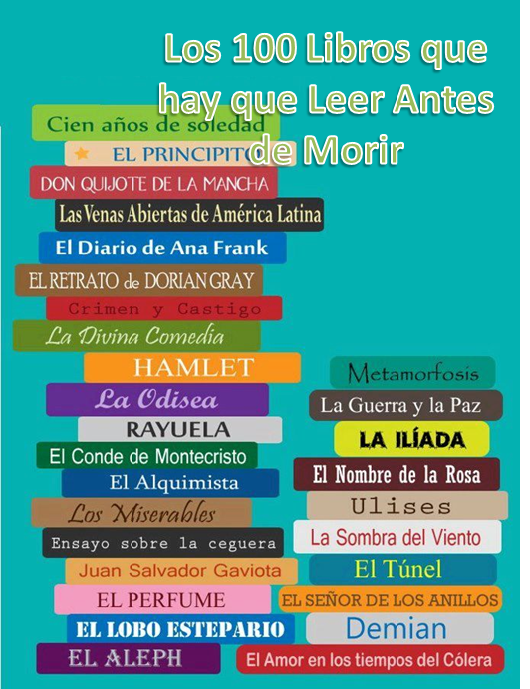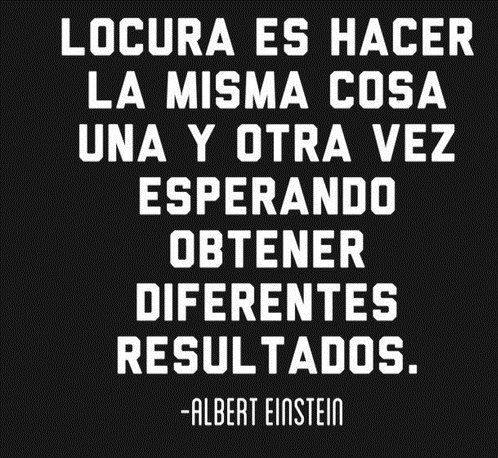How’s your Spanish going? Getting better? Feeling more able to understand texts and even people in real life? Great! I’m sure you can speak about most day-to-day topics in a relaxed environment. But what happens when you try to “play it cool”? Well, you’ll probably find native Spanish speakers make a weird face when you try to directly translate your everyday English expressions.
I agree, expressions and idioms are most useful. But they are also highly culture-related and therefore, hard to translate. Translation word-by-word works in some cases, but definitely not here.
English expressions don’t work in Spanish
These are some attempts that I’ve heard from English speakers:
En Estados Unidos, muchas veces necesitas trabajar 50 horas por semana > (In the US, you often need to work 50 hours per week).
En la escuela, el español no era una lengua que podíamos hablar, era solo una otra asignatura > (At school, Spanish wasn’t a language we could speak, it was just another subject).
Can you spot the problems? Let me show you them, along with some other extra-useful expressions:
How to Translate English expressions into Spanish right
1. You need to > Tienes que, Hay que
In Spanish, when you necesitas algo, it’s because you really need it, almost to survive. You can say Necesito un abrigo nuevo, Esta planta necesita más agua.
If you’re trying to communicate an obligation, then the expression you’re looking for is “tener que”.
Qué rabia, tengo que ir a la Oficina de Tráfico mañana > (Damn, I need to go to the DMV tomorrow)
or like in our example before:
En EEUU, muchas veces tienes que trabajar 50 horas por semana > (In the US, you often need to work 50 hours per week).
Extra tip: Sometimes you can just say Hay que. This is the non-personal form. So, if you just have to do something because it’s what needs to be done, then you can say Hay que.
En España en verano hay que dormir la siesta. No se puede salir a la calle a mediodía. > (In Spain you have to take a nap during summer. You can’t go out during the day)
Para preparar un buen gazpacho, hay que pelar los tomates antes. > (To make a good gazpacho, you have to peel the tomatoes before)
Notice that you could also say “tienes que” in the examples before. “Hay que” just makes it more general/impersonal.

2. Another (one) > Otro
It can seem confusing, but it’s actually quite simple: we never use the article “un, una, unos, unas” before “otro, otra, otros, otras”. It doesn’t matter if you have a noun afterwards (another cup of coffee – otra taza de café) or not (another one – otro). Never say *una otra taza, *un otro.
En la escuela, el español no era una lengua que podíamos hablar, era solo una otra asignatura > (At school, Spanish wasn’t a language we could speak, it was just another subject).
Can I see you another time? – ¿Te puedo ver otra vez? (Don’t say *un otro tiempo)
Extra tip: When we use time referring to an instance of something, we translate vez in Spanish. We’ll see more about that in a second.

3. I don’t care > No me importa
Very common and useful expression when you want to cut off the conversation (it can happen in Spanish too!).
Importar is a dative verb, same as the verb gustar. Therefore, you need the pronoun right before, even in the negative form.
I don’t care if you don’t sleep tonight, but you have to study for your exam > No me importa si no duermes esta noche, pero tienes que preparar tu examen
Don’t you care that the poles are melting? > ¿No te importa que los polos se estén derritiendo?
4. I guess > Supongo…
Oh, that common expression when we’re just not convinced about something, but we have to say yes in some way!
Are you coming to the party? Your ex is coming too! – Yeah, I guess (*shrug*) > ¿Vienes a la fiesta? Tu ex también viene – Sí, supongo…
Are you taking the night table the goes with the bed? There’s a 20% discount, and your wife seems to love it! – I guess > ¿Se lleva también la mesita compañera a la cama, caballero? Hay un descuento especial del 20%, y a su mujer le encanta – Sí, supongo…

5. One thing at a time > Una cosa cada vez
Hey, here we have this word “vez” again! Good moment to learn it. Not too complicated: “time” is “tiempo” in general, when referring to the hours and minutes. But “vez” or “veces” is the word we use when we refer to the instances or occasions of some event. Once, twice, three times is una vez, dos veces, tres veces.
And for this expression, in Spanish we say “cada vez”, each time, meaning we need just to do one thing “each time” we do something. Not multiple things every time.
– Ugh, I’m so stressed up with my exams and my job at the café – Don’t worry, and just one thing at a time > – Uff, estoy super agobiado por los exámenes y el trabajo en la cafetería. – No te preocupes, y mejor haz solo una cosa cada vez.

6. We’ll see > Vamos a ver
When you don’t know what’s going to happen, it’s interesting that in English we use the simple future and in Spanish we use the compound one. More of a prediction in English and of a plan in Spanish? It doesn’t really matter, because like every expression, it’s better just to learn it and use it!
Who do you think is going to win the election? I hope Hillary, but I don’t really know, we’ll see > ¿Quién crees que ganará las próximas elecciones? Espero que Hillary, pero en realidad no sé, vamos a ver.
What are you doing for your honeymoon? We still don’t know, we’ll see how the place is when we get there > ¿Qué vas a hacer en tu luna de miel? Todavía no lo sabemos, vamos a ver cómo es el lugar cuando lleguemos.
7. You never know > Nunca se sabe
Last but not least. Another expression of uncertainty. Imagine, you make a prediction, and your friend agrees, but your other friend is not so convinced.
a) I think tomorrow it will rain. The sky is dark yoday b) Yes, I guess c) Well, maybe not, you never know! > a) Yo creo que mañana va a llover. El cielo está totalmente oscuro hoy. b) Sí, supongo c) Bueno, quizás no, ¡nunca se sabe!
Probably Brazil will win the world cup this year, because it’s played there. But, you never know! > Probablemente este año Brasil ganará la copa del Mundo, porque se juega allí. Pero, con el fútbol, ¡nunca se sabe!

Which other expressions you’d like to use in Spanish? What else do you find hard to translate? Share the story, and leave a comment to get a personal answer!




I see you don’t monetize your page, don’t waste your traffic, you can earn additional bucks
every month because you’ve got hi quality content.
If you want to know how to make extra bucks, search for:
Boorfe’s tips best adsense alternative